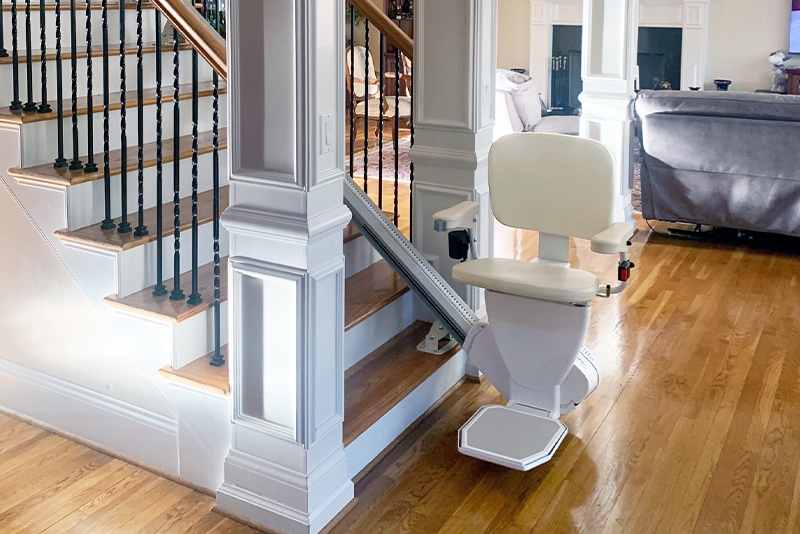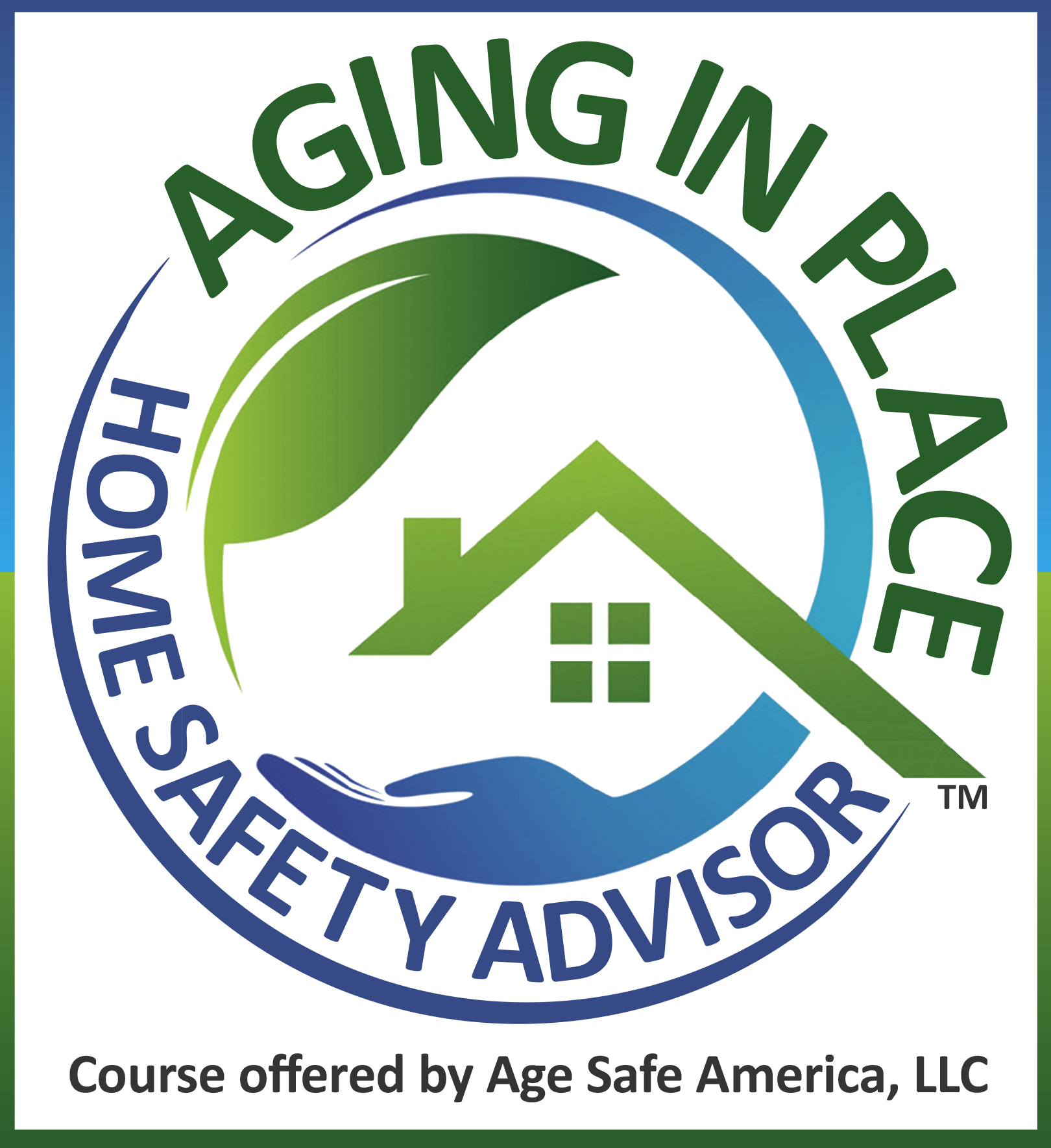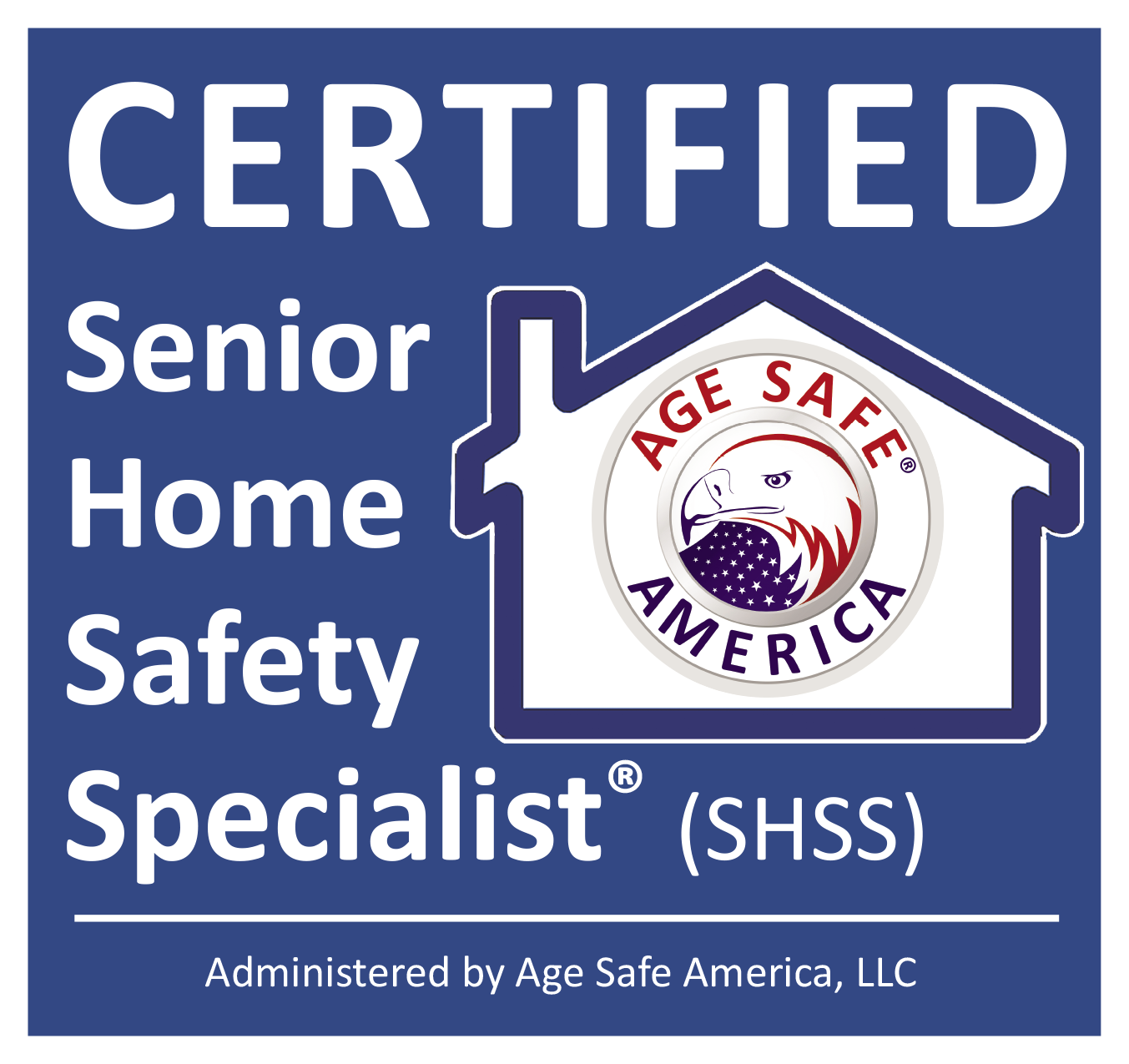by leeashworth61
Share
by leeashworth61

As our parents age, it’s natural for adult children to worry about their safety and well-being, especially if they choose to age in place. While respecting their desire for independence, there are several ways you can support your aging parents and ensure they can live comfortably and securely in their own home. This guide offers practical advice and insights to help you navigate this journey together.
- Assess the home for safety risks
Begin by conducting a thorough assessment of your parents’ home to identify potential safety hazards. Look for tripping risks, inadequate lighting, lack of grab bars in bathrooms, and outdated appliances. Consider hiring a professional to perform a comprehensive home assessment and recommend necessary modifications. - Implement home modifications
Based on the assessment, prioritize and implement essential home modifications. These may include installing grab bars, improving lighting, removing tripping hazards, widening doorways, and adding ramps or stairlifts if needed. Work with reputable contractors who specialize in aging in place modifications to ensure the changes are safe and effective. - Explore assistive technology
Introduce your parents to assistive technology that can enhance their safety and independence. This may include wearable emergency alert systems, smart home devices for remote monitoring, medication reminders, and voice-activated technology for easier control of home functions. - Establish a communication plan
Set up a reliable communication plan with your parents to stay connected and informed about their well-being. Schedule regular check-ins via phone or video calls, and consider using apps or shared calendars to coordinate family support and appointments. - Develop an emergency preparedness plan
Create an emergency preparedness plan that includes important contact information, medical details, and evacuation procedures. Ensure your parents have easy access to this information and that all family members are familiar with the plan. - Encourage social engagement and activities
Help your parents maintain social connections and engage in activities they enjoy. Assist them in finding local senior centers, community groups, or online communities that align with their interests. Encourage regular visits from family and friends to combat feelings of isolation. - Address transportation needs
If your parents are no longer able to drive safely, explore alternative transportation options. This may include ride-sharing services, community shuttles, or volunteer driver programs. Ensure they have reliable means to attend appointments, run errands, and participate in social activities. - Consider in-home care options
If your parents require additional support, research in-home care options such as home health aides, visiting nurses, or companion care services. These professionals can assist with daily tasks, medication management, and personal care while allowing your parents to remain in the comfort of their own home. - Involve your parents in decision-making
Throughout the process, actively involve your parents in decision-making and respect their preferences. Engage in open and honest conversations about their needs, concerns, and goals for aging in place. Work together to find solutions that prioritize their safety and independence while addressing your concerns as an adult child. - Take care of yourself
Caring for aging parents can be emotionally and physically demanding. Make sure to prioritize your own self-care, seek support from family members or professional resources, and maintain open communication with your parents and siblings to navigate this journey together.
By following this guide and working collaboratively with your aging parents, you can create a safe and supportive environment that allows them to age in place with dignity and independence. Remember, every family’s situation is unique, and it’s essential to adapt these strategies to best meet your parents’ specific needs and preferences.
An affordable solution to enhance accessibility and reduce fall risks.
Discover how in-law suites can provide independence and comfort for your aging loved ones while keeping them close to family.
Ensuring Safe and Easy Access to All Levels of Your Home
Don't Compromise Safety and Accessibility in Your Senior-Friendly Home Renovation







